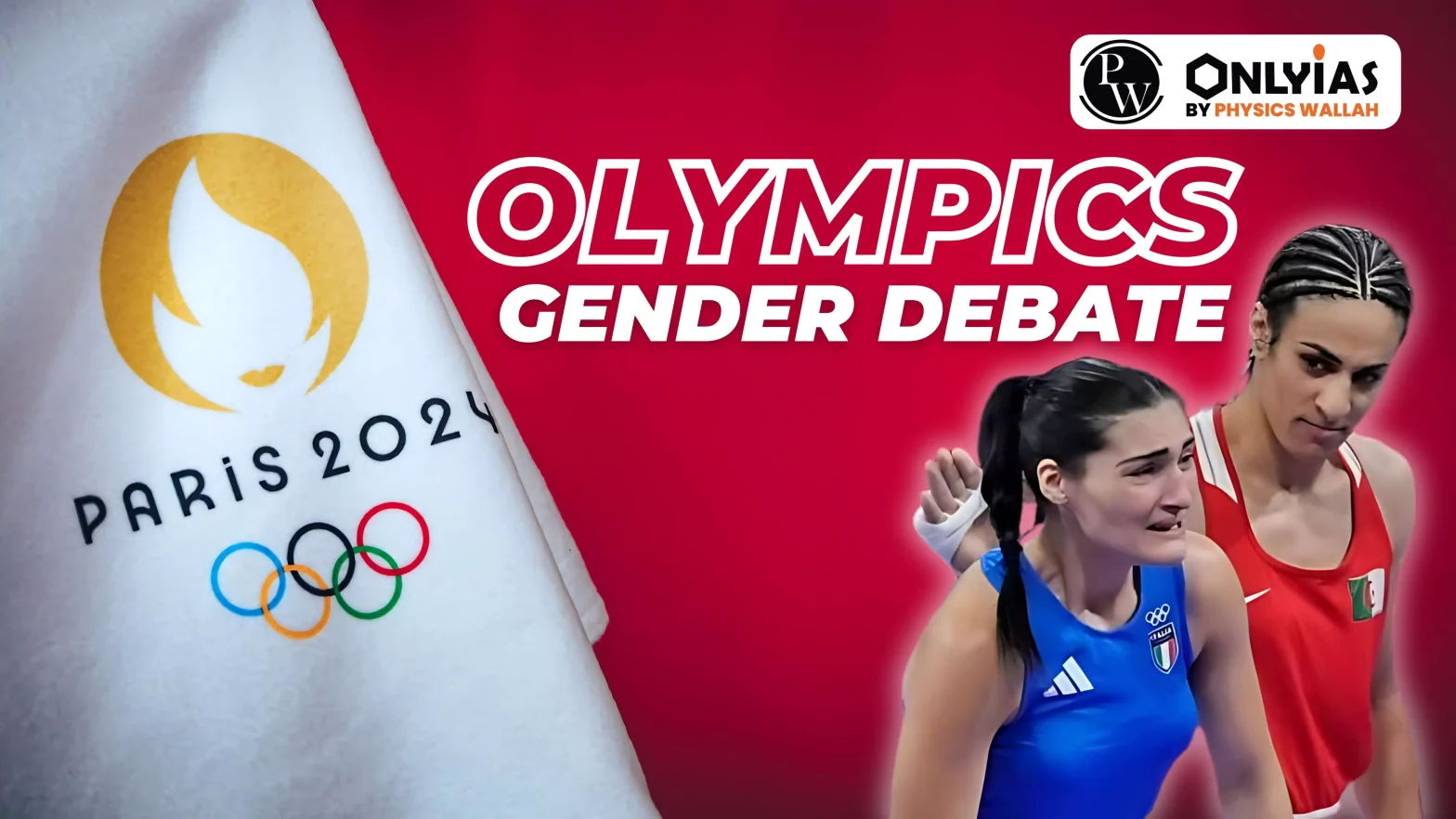Recently, Algeria’s boxer Imane Khelif defeated Italian boxer Angela Carini in 46 seconds. Her gender attracted speculation and abuse, even as the Olympics’ committee supported her admission as a woman athlete.
Impact of Chromosomes on Human Physiology
- Sex is determined based on chromosomes, which carry genes.
- Humans have 23 pairs of chromosomes — 22 are identical in men and women; one, the sex chromosome, is different.
- The XX sex chromosomes result in the development of female sex organs, and XY in male sex organs.
- The SRY gene, found on the Y chromosome, is responsible for the production of testosterone.
- Multiple studies have attempted to decode the impact that this hormone has on physical characteristics. A 2017 paper (‘Circulating Testosterone as the Hormonal Basis of Sex Differences in Athletic Performance’) published in the journal Endocrine Reviews supported the link between testosterone and athletic performance.
- This is due to the effect of testosterone in increasing “muscle mass and strength, bone size and strength (density), and circulating hemoglobin”.
- Some people born with female reproductive organs may also carry the XY chromosome, in what is known as Swyer syndrome, one of many “Disorders of Sex Development”, or DSDs. This is at the heart of the debate surrounding gender eligibility in women’s sports.
Enroll now for UPSC Online Course
About Sports Gender Debate
- In 2023, Khelif and Chinese Taipei boxer Lin Yu-ting were banned from competing in the International Boxing Association’s (IBA’s) World Championship in New Delhi after failing a “gender eligibility” test, the details of which remain confidential.
- The IBA, recently, said that the two boxers did not “meet eligibility criteria to compete within the female category”.
- Modern sports is organized on the basis of sex, with men and women competing in different categories. This is because men, on average, have certain physiological advantages over women.
- Many argue that in order to prevent some athletes from having an unfair advantage in women’s sports, women with DSDs which facilitate greater testosterone production, and other consequent athletic advantages, must not be allowed to compete with other women.
- In 2021 the International Olympic Committee (IOC) decided to leave it to international sports federations to develop their own set of eligibility rules, based on an “evidence-based approach” keeping in mind principles of “fairness”, “inclusion”, “non-discrimination”, “no presumption of advantage”, and “prevention of harm”.
Conclusion
The participation of trans women, and women having certain “masculine” biological characteristics like higher testosterone levels, in women’s sports has long been a subject of polarizing debate. In order to create a world of equal opportunity, there is a need to follow the ethical principles of science, ethics and fairness.
![]() 3 Aug 2024
3 Aug 2024
